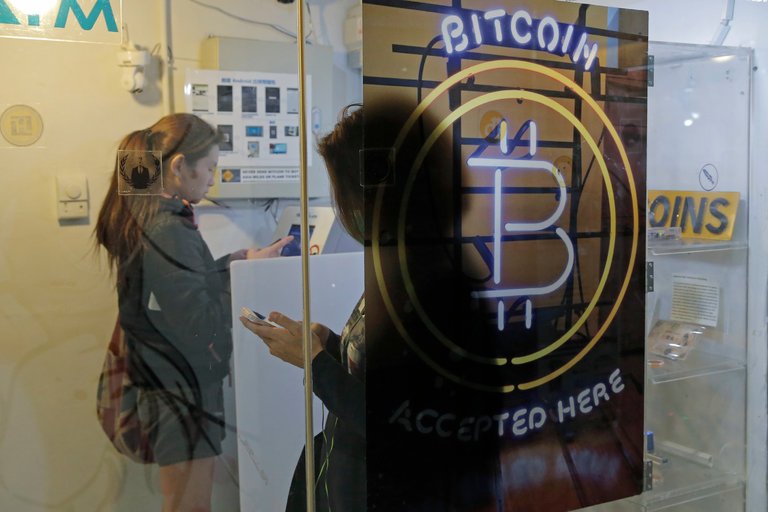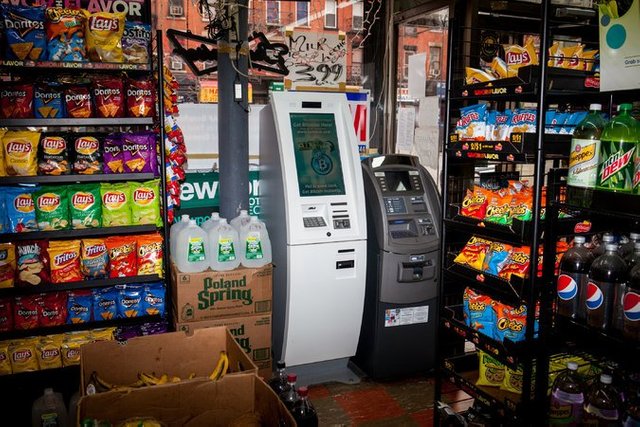I Was Wrong About Bitcoin. Here’s Why.

Hoo boy, did I blow it. Today, the Bitcoin I sold for about $140 would be worth more than $15,000, and cryptomania has seized the entire world. As of this week, Bitcoin futures are trading on the Chicago Board Options Exchange, and Coinbase, the largest consumer trading platform for Bitcoin, briefly crashed last week because of a huge influx of traffic. And while experts are warning that the exuberance around Bitcoin is a classic sign of a bubble, few think it will disappear altogether even in the event of a crash.
[ALSO READ: What is Bitcoin and How Does it Work?]
What happened? Why did so many people — myself included — get Bitcoin so spectacularly wrong? After a couple of weeks of thinking about it, I can point to at least five bad assumptions I made.
I assumed that Bitcoin’s future depended on its everyday use.
In the early days of Bitcoin, its proponents envisioned people using cryptocurrencies to buy food, pay their rent and make other day-to-day purchases. Eager to bring Bitcoin to the mainstream, they set up Bitcoin ATMs to facilitate easy transfers and encouraged their local restaurants and bars to start accepting Bitcoin payments.

A Bitcoin ATM at a grocery in midtown Manhattan. Bitcoin advocates once imagined using cryptocurrencies to buy food and pay the rent. Credit
Today, though, hardly anyone is spending Bitcoin on actual goods and services. (Why would you, if the value could jump 40 percent in two days, as it did last week?) And few merchants have gone through the hassle of updating their systems to accept cryptocurrency.
“The disparity between virtually no merchant acceptance and Bitcoin’s rapid appreciation is striking,” a team of Morgan Stanley economists wrote earlier this year.
As it turns out, while few people want to use Bitcoin as a currency, plenty want to treat it as an investable security, similar to gold or silver, especially while the price keeps rising.
I assumed that the blockchain would eclipse Bitcoin itself.
One of the earliest predictions among Bitcoin skeptics and boosters alike was that Bitcoin itself would be just a predecessor technology to the real, lasting innovation: the blockchain — the peer-to-peer ledger system that records cryptocurrency transactions and allows them to operate without a central authority. I agreed, thinking that the blockchain had real promise, but that Bitcoin would ultimately fade away.
Four years later, there has, in fact, been enormous hype around blockchain projects. (One British company added the word “blockchain” to its name and saw its shares immediately jump nearly 400 percent.) But that frenzy hasn’t detracted from investor enthusiasm for Bitcoin itself — in fact, it has amplified it. And the potential applicability of blockchain technology to all kinds of different industries, from auto manufacturing to insurance to groceries, has inspired lots of non-techies to learn about cryptocurrencies, and served as an intellectual on-ramp for new Bitcoin investors.
I assumed that regulators would crack down faster.
In the frontier days of cryptocurrency, it seemed that every other story was about how criminals and tax-evaders were using Bitcoin to buy and sell illegal goods and services. A huge dark-net narcotics market, Silk Road, was broken up, and its owner was sentenced to life in prison. Several large cryptocurrency sites suffered hacks and thefts. It was easy to think that these problems would lead regulators to take swift action against Bitcoin.